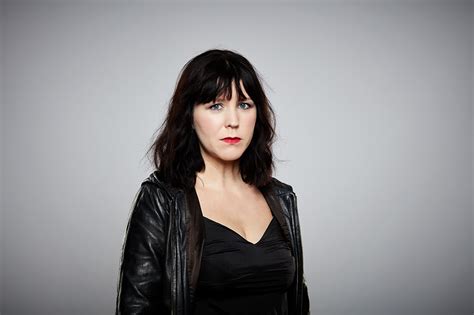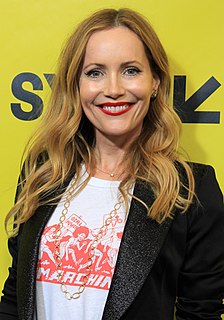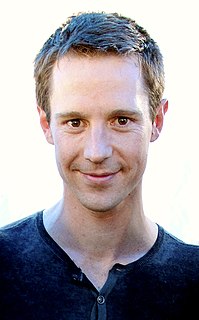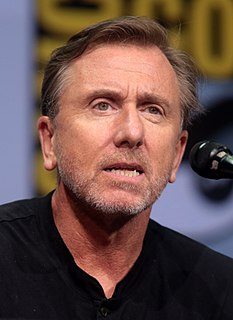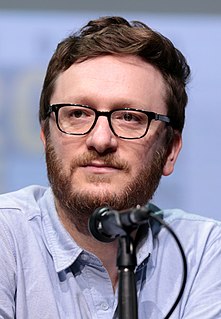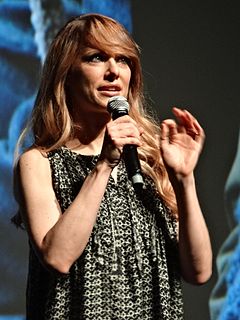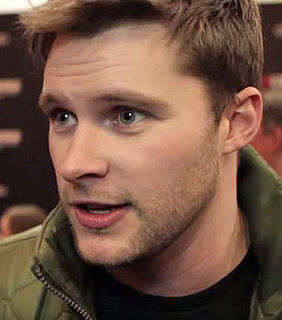A Quote by Alice Lowe
I don't understand why people don't use improvisation, especially in comedy films, but also, for me, you get more naturalism, and that's why I like the naturalistic performances and strange rhythms and the way that people genuinely interact captured rather than sort of very mannered performances.
Related Quotes
Comedy is hard to do, and I don't know why it doesn't have its own category in awards. I don't understand why people think it's harder to do drama than it is to do comedy. It doesn't get respect. It's hard. It's really hard. It would be more gratifying to get something for a comedy, because it doesn't happen much or at all.
A lot of the people I'm working with are not actors, or it's their first time in a movie. I'm not trying to shape performances, coax performances out of them. It's more like I want to put them in situations that naturally work or allow them to be themselves. If it's not happening, I'll just completely switch it up, rather than trying to make it work.
I'd like to drill in a little more detail into one aspect of cutting which is particularly close to me and that's dialogue editing. It is a vital part of editing especially in animated film, but in the end it is usually completely transparent to the audience. The vocal performances are reported for over several years and the actors are very rarely in recording studios together. That's why the editor has got to all these different performances and edit them together to create the illusion of spontaneity and real action.
I do feel that scripts get developed now to a point where they're sort of actor-proof. If the actor is not very good, the narrative still survives because it's all in the dialogue. Not to say there aren't great performances in English-language films, because there are every year, but the 1970s were awash with great performances, and I was wondering whether it had to do with the amount of space and the amount of responsibility given to the actors.
I find that 'Ghostbusters' and 'Alien' actually have a lot in common in that they're both so naturalistic in the performances. It feels like people you could be hanging out with right now in this room, yet they're on a spaceship or killing ghosts. But the way they talk is never heightened or otherwordly.
People ask, 'Why would you cast yourself in your movie?' And, for me, it's more like an achievement that I am now not playing all the parts, you know? Like I was for so long, in all my performances and a lot of my short movies. So, that's where I'm coming from, not out of a kind of actress-y sense of myself. I mean, I don't really see myself as an actress, but more from performance: this is how you make something. You do it yourself. You're in it and you write it. I think I keep doing it that way, 'cause it's my way. It's what makes me feel like I know how to do it.
